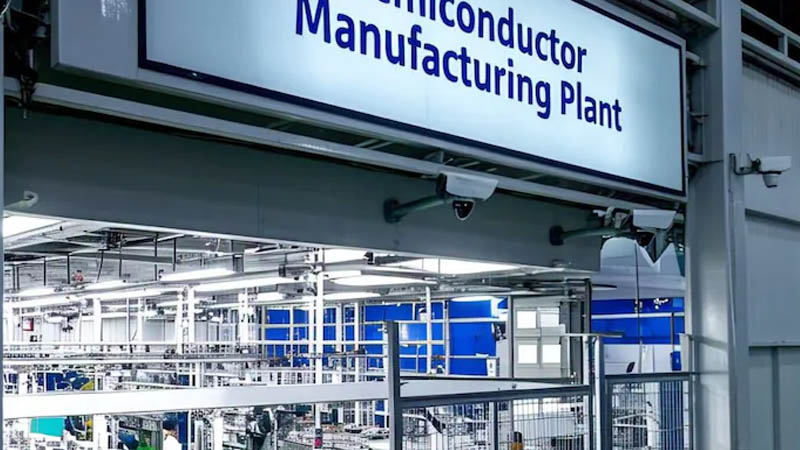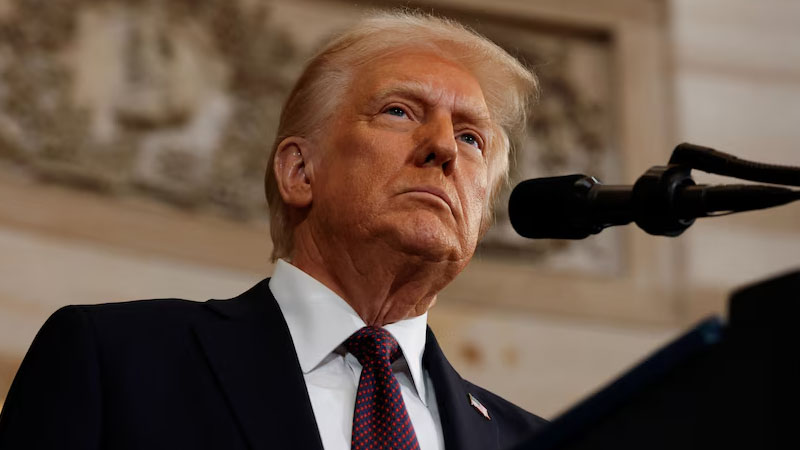Donald Trump’s administration is launching fresh investigations that could lead to new tariffs on pharmaceuticals and semiconductors, claiming it’s a matter of national security.
The move was quietly revealed in notices posted to the Federal Register, with the investigations officially kicking off this week. The public now has 21 days to weigh in before the administration decides how to move forward. These probes fall under Section 232 of the Trade Expansion Act of 1962—the same law Trump used in his first term to slap tariffs on steel, aluminum, and the auto industry, reported REUTERS.
While the US started collecting 10% tariffs on a wide range of imports earlier this month, drugs and semiconductors were initially left out. But now they’re firmly in the firing line. Trump said he plans to announce a specific tariff rate on imported semiconductors within the next week but hinted that some companies might be given flexibility.

The US still relies heavily on imported chips, particularly from Taiwan. Joe Biden had previously tried to fix this by pumping billions into the domestic chip industry through the Chips Act, aiming to bring more manufacturing stateside.
As for the pharmaceutical side of things, the new investigation covers not just finished medicines, but also active ingredients and other related products. That’s got many in the industry seriously worried.
Generic drug manufacturers, who already work with razor-thin profit margins, say tariffs could make it even harder to stay afloat—leading to reduced access and even shortages. “Tariffs will only amplify the problems that already exist in the U.S. market for affordable medicines,” warned John Murphy III, CEO of the Association for Accessible Medicines. “Without substantive regulatory and reimbursement changes, tariffs will exacerbate shortages that hinder patient access today.”
Brand-name drugmakers may be able to absorb the costs for now, but many expect those increases to be passed on to consumers anyway.
Trump insists this is all about cutting foreign dependency and boosting American manufacturing. But big pharma companies say that’s easier said than done. Shifting production to the US is a massive undertaking and could take years.
And Indian manufacturers, who supply nearly half of America’s generic medicines, say these tariffs could delay or even cancel planned investments in the US. “Adding tariffs on America’s affordable medicine partners in India would make it even worse,” said Kathleen Jaeger, spokesperson for the Indian Pharmaceutical Alliance.
With medicine costs already a major issue for patients, this latest move could have serious consequences—and not just at the checkout counter.
You Might Also Like:
- Ciara Steals the Spotlight with Glam Look and Surprise New Music Drop
- Small Businesses Take Trump to Court Over Tariffs They Say Could Ruin Them
- Meghan Markle Breaks Back Into Spotify’s Top Charts with Surprise Podcast Hit
- Trump Set to Hit Medicines and Microchips with New Tariffs Sparking Fears of Drug Shortages
- Kanye West reportedly paying Kim Kardashian record-breaking child support

